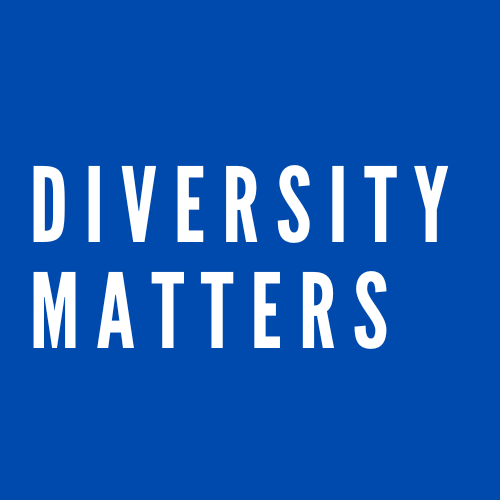Happy Asian American and Pacific Islander Heritage Month! Asia is home to over 4.7 billion people, comprising roughly 60% of the entire world’s population. As a result, the Asian diaspora is quite prolific, with 22 million in the United States alone. Asian Americans are vital contributors to the American economy and workforce.
However, many Asian Americans still face harmful stereotypes and prejudices in the workplace. These obstacles can often be attributed to orientalism, a form of discrimination that specifically targets individuals of Asian heritage. As we work together towards a more inclusive future, we must identify our implicit orientalist beliefs so we can change our perspective. Here are a few common misunderstandings and microaggressions that Asian Americans frequently encounter in the workplace:
“You must be so good at math!”
While it may seem like a good thing to be stereotyped as hard-working, smart, or over-achieving, these expectations can feel overwhelming for Asian Americans. Asia is not a monolith, nor are all Asian people the same. Some Asian Americans excel at STEM careers, but many others have strong skillsets in communication, writing, and the arts. When in doubt, it is always best to assess a job candidate or employee based on their education and professional achievements, rather than their skin color or ethnic heritage.
“Do you speak Chinese?”
China is a large country, but it is certainly not the only country in Asia! Thousands of codified languages and countless regional dialects are spoken across the Asian continent. Linguistic identities are often distinct from cultural, ethnic, or religious identities, and many people have strong opinions regarding their mother tongues. Besides, “Chinese” is a broad family of languages encompassing several regional languages, of which the most well-known are Mandarin and Cantonese. If you are curious about a coworker’s linguistic background, you can always ask without assuming anything about their background.
“Your food stinks!”
Asian Americans often experience embarrassment about their work lunches because some Asian foods, such as kimchi, curry, and fish, are notorious for their strong odors, which can penetrate cubicle walls and disturb sensitive noses. However, the same can be said for many American foods, such as egg salad and tuna sandwiches, which are commonly packed in cold lunches. Not everyone will be accustomed to the smells of certain foods, but workplace policies that restrict certain cultural foods are racist, plain and simple. Rather than shaming your coworker for bringing their comfort meal to work, why not try their favorite dish next time you’re out? Perhaps you’ll find the taste delicious and the smell more bearable next time!

